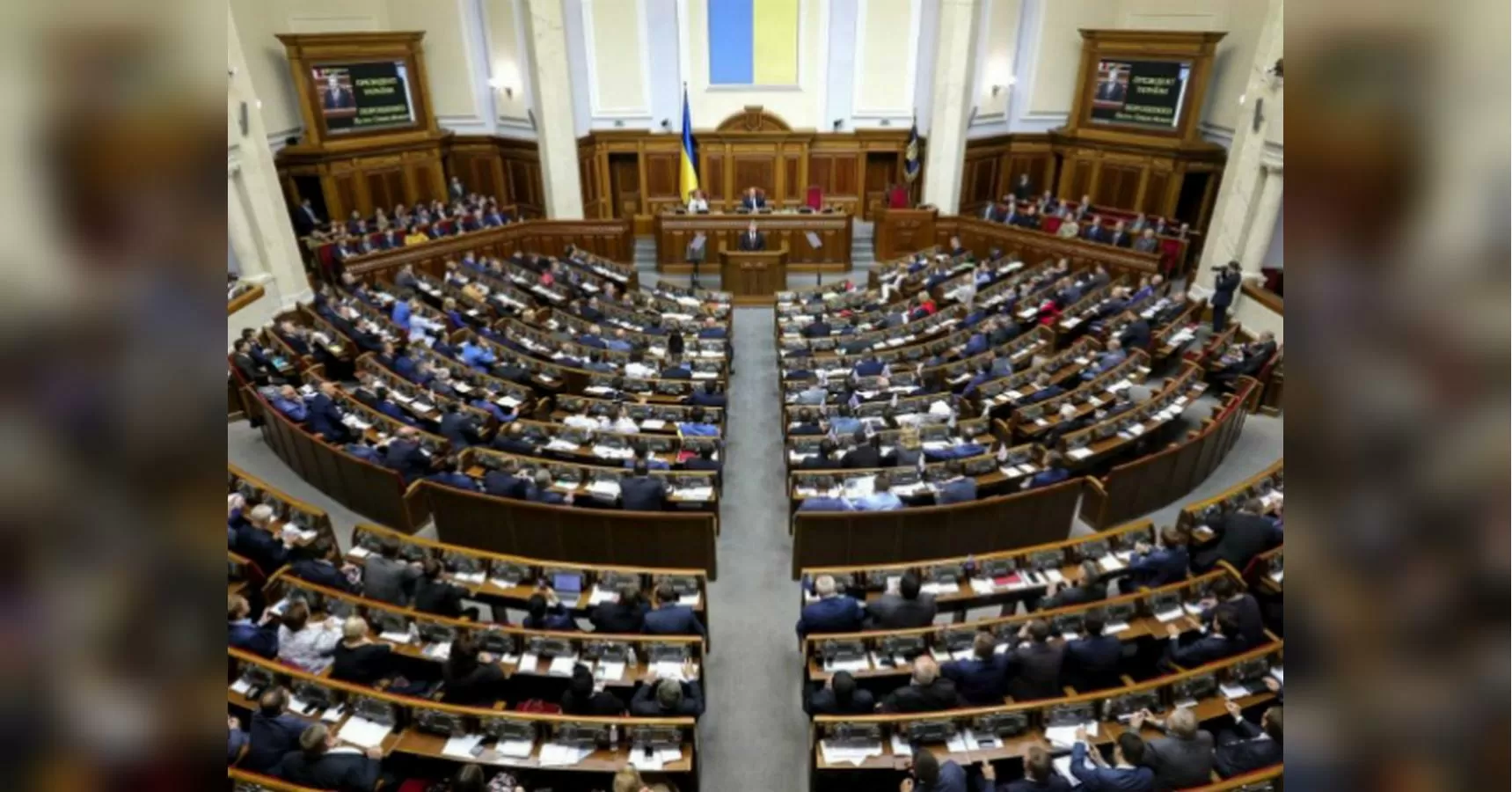The European Solidarity party, founded in 2019 by former Ukrainian President Petro Poroshenko, has been a key player in Ukraine’s political landscape. The party is known for its pro-European stance and has been a vocal supporter of Ukraine’s aspirations to join the European Union. However, in recent years, the party’s stance on key eurointegration legislation has been called into question.
In 2022-2024, the Verkhovna Rada, Ukraine’s parliament, considered several important bills aimed at bringing the country closer to European integration. These bills covered areas such as anti-corruption measures, judicial reform, and energy sector reforms. While the majority of these bills were passed with support from other political parties, the representatives of the European Solidarity party chose not to support them.
This decision has raised concerns among many in the Ukrainian public, who see the European Solidarity party as a key player in Ukraine’s pro-European movement. The lack of support from the party has been seen as a setback in Ukraine’s progress towards EU integration. This shift in the party’s stance has also sparked discussions about the party’s future and its commitment to the European path.
One of the most notable bills that the European Solidarity party did not support was the Anti-Corruption Court bill. This bill aimed to establish an independent court to handle corruption cases, a key demand from the EU for Ukraine’s visa-free regime. The bill was passed with support from other political parties, but the European Solidarity party chose to abstain from the vote. This decision was met with criticism from both the EU and the Ukrainian public, who saw it as a lack of commitment to fighting corruption.
Another bill that the European Solidarity party did not support was the Law on Energy Market Regulation. This bill aimed to bring Ukraine’s energy sector in line with European standards and reduce its dependence on Russian gas. However, the European Solidarity party chose to vote against the bill, citing concerns about its potential impact on the country’s energy security. This decision has been met with criticism, as it goes against the party’s pro-European stance and raises questions about its commitment to Ukraine’s energy independence.
The lack of support from the European Solidarity party for these key eurointegration bills has not gone unnoticed by the EU. In a statement, the EU’s delegation to Ukraine expressed disappointment at the party’s decision, stating that it goes against Ukraine’s commitments to the EU and its citizens. The EU also emphasized the importance of political unity in pursuing the country’s European aspirations.
The European Solidarity party’s decision not to support these bills has also sparked discussions about the party’s future. Some analysts see it as a strategic move to differentiate the party from other pro-European parties and appeal to a broader base of voters. Others view it as a lack of commitment to the European path and a shift towards a more populist approach.
In response to the criticism, the representatives of the European Solidarity party have stated that their decision was based on a thorough analysis of each bill and its potential impact on the country. They also emphasized that their party remains committed to Ukraine’s European aspirations and will continue to support initiatives that align with their values and principles.
In conclusion, the European Solidarity party’s lack of support for key eurointegration bills in 2022-2024 has raised concerns about their commitment to Ukraine’s European path. The decisions have been met with criticism from the EU and the Ukrainian public, and have sparked discussions about the party’s future. However, the party maintains that their decisions were based on careful analysis and that they remain committed to a pro-European agenda. It remains to be seen how this shift in the party’s stance will affect Ukraine’s progress towards EU integration.

